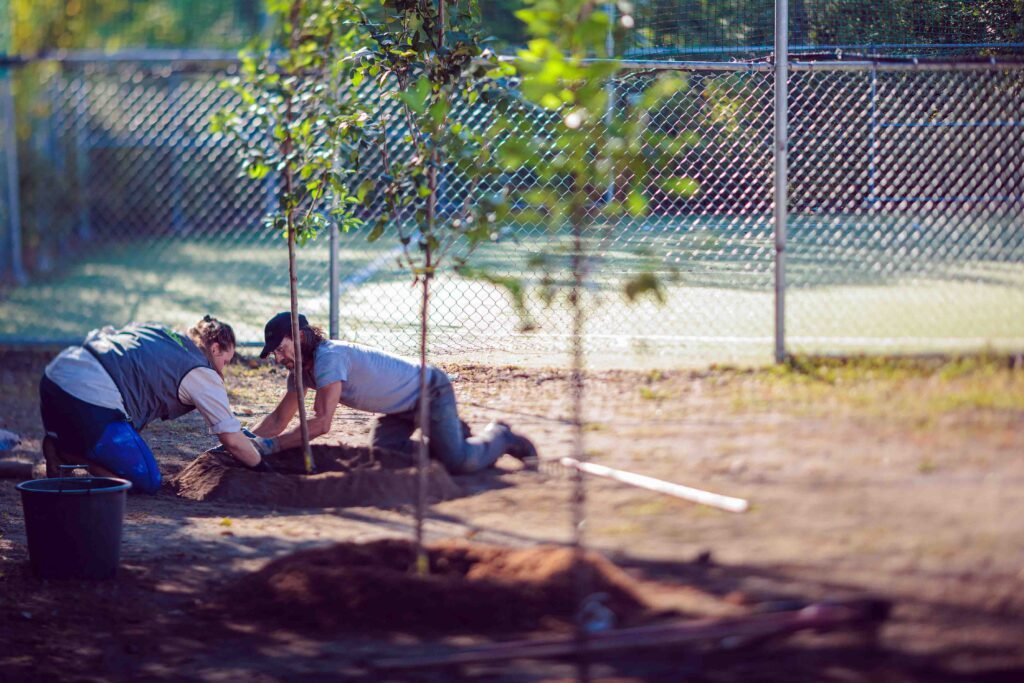Officials with the City of Laval last week marked the 10th anniversary of the founding of a special office for the enforcement of ethics and integrity guidelines and rules.
It was created in the aftermath of the corruption scandal that shook the municipality a decade ago, forcing the resignation of former mayor Gilles Vaillancourt.
“Each member of the staff of the city contributes to the culture of ethics and integrity,” says Laval Police director Pierre Brochet.

“After a decade of actions and projects, we are in a new era, and numerous positive developments have followed. We salute the path taken by our leadership and the reach of the BIELT in all the actions that affect our city.
“Participating in the growth and development of Laval can only take place when accompanied by an adherence to its values and the best practices as regards ethics and integrity.” The City of Laval launched the BIELT in 2014, in conjunction with the City of Terrebonne.
To underscore the value of the work accomplished by the bureau’s team, officials from the BIELT will be on hand at Laval’s interim city hall on Saint-Martin Blvd. on May 16 to sign the city’s Golden Book.
Officials from Quebec’s Unité permanente anticorruption (UPAC) and the Autorité des marchés publics (AMP) are also expected to take part.
Laval doubles up on its support for Communauto
The City of Laval says it is adding new Communauto car-sharing stations to the existing network on its territory, in addition to increasing financial assistance to be made available to new subscribers to the service.
The city says it is undertaking the measures as part of overall efforts to help reduce greenhouse gases in the atmosphere. The Quebec government is providing financial assistance.
“Our government is proud to support the City of Laval, which is implementing various concrete initiatives to support the reduction of greenhouse gases on its territory,” said Quebec Environment and Climate Change Minister Benoit Charette.

“This subsidy is not only a step in the right direction,” he continued, “but will also contribute to encouraging the recruitment of new subscribers to use this service, while also favouring the implementation of new car-sharing stations on Laval’s territory.”
“We are proud to diversify the mobility options available to the people of Laval,” added Laval city councillor for Pont-Viau Christine Poirier, who manages the city’s territorial management dossiers.
“We are offering an efficient and accessible option to reduce solo car use, while taking into account the reality in Laval regarding daily car use,” she added.
“Several new stations set up on municipal properties will be tested during a pilot project between the city and the service, of which the new stations will become permanent if the support is there,” said Poirier.
Laval chooses three partners to meet tree-planting goals
The City of Laval is partnering up with three organizations specialized in planting trees to meet its ambitious tree-planting objectives, which it hopes to meet by the year 2030 at least.
CANOPÉE, PlantAction and GRAME will be assisting the city in planting trees. One of the goals of the tree-planting program is to reduce the impact of “heat islands,” which are built-up areas of asphalt and concrete within cities that retain heat much longer.

“The advantages of planting trees are well-known,” says Mayor Stéphane Boyer. “They contribute to the greening of the landscape, to better management of rainwater and the struggle with heat islands.
“What’s more, they contribute to the maintenance of good physical and mental health. We have given ourselves the mission to do everything we can to make Laval a greener and better place to live. Our efforts today and our ambitious targets will benefit generations to come.”



